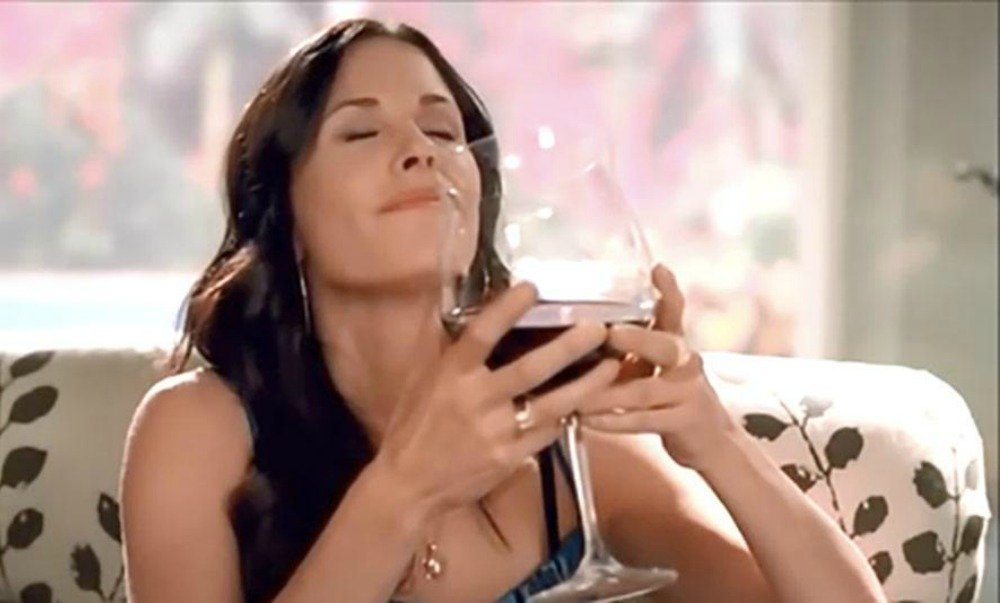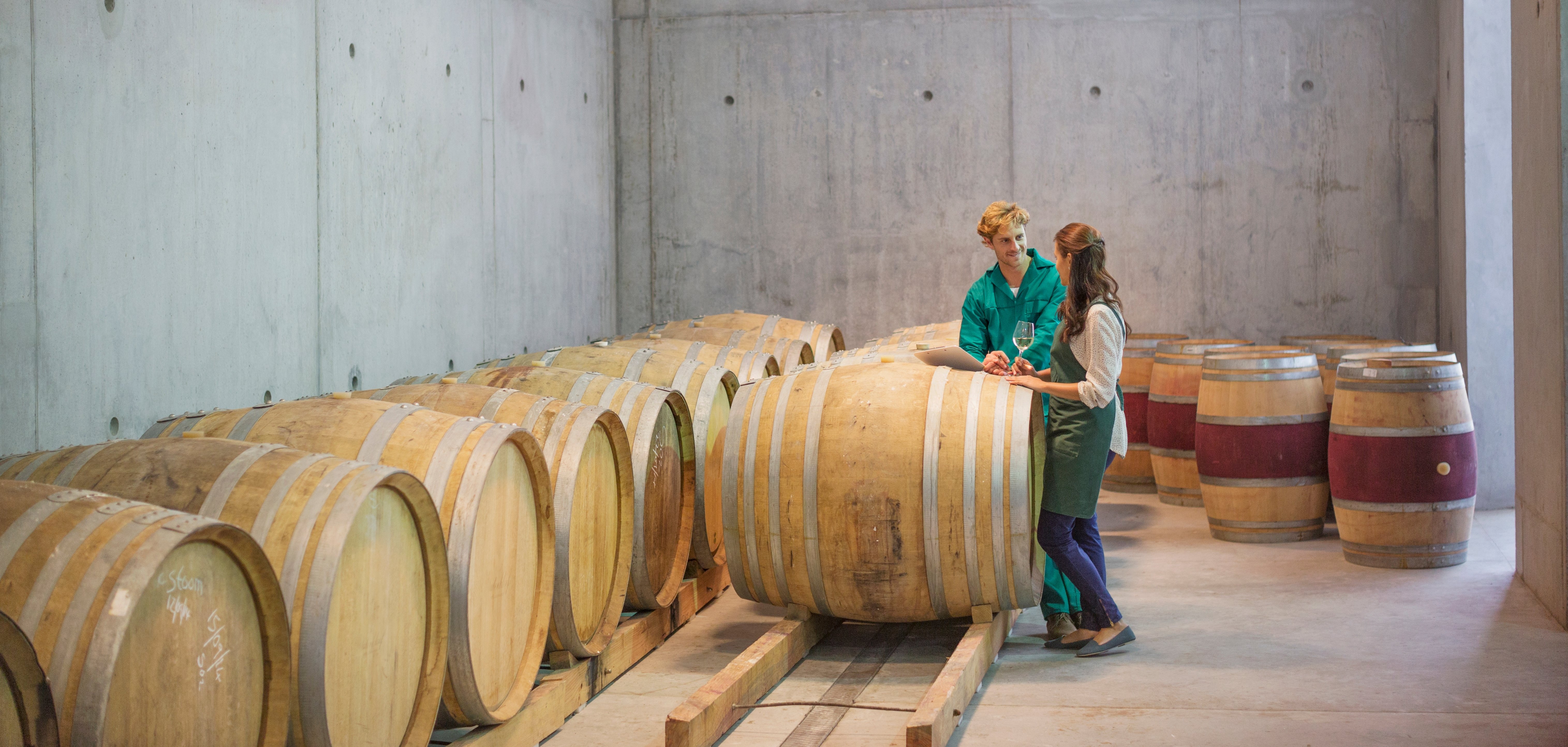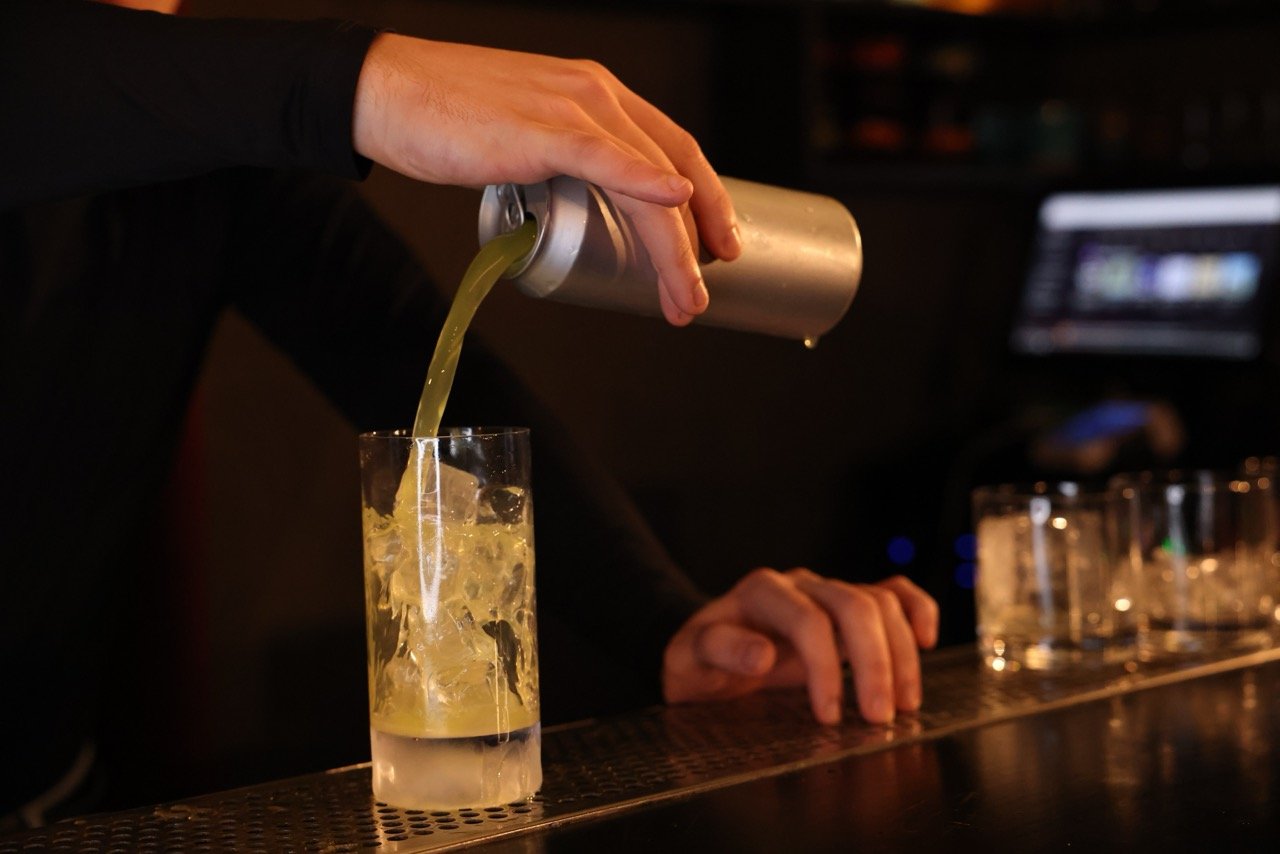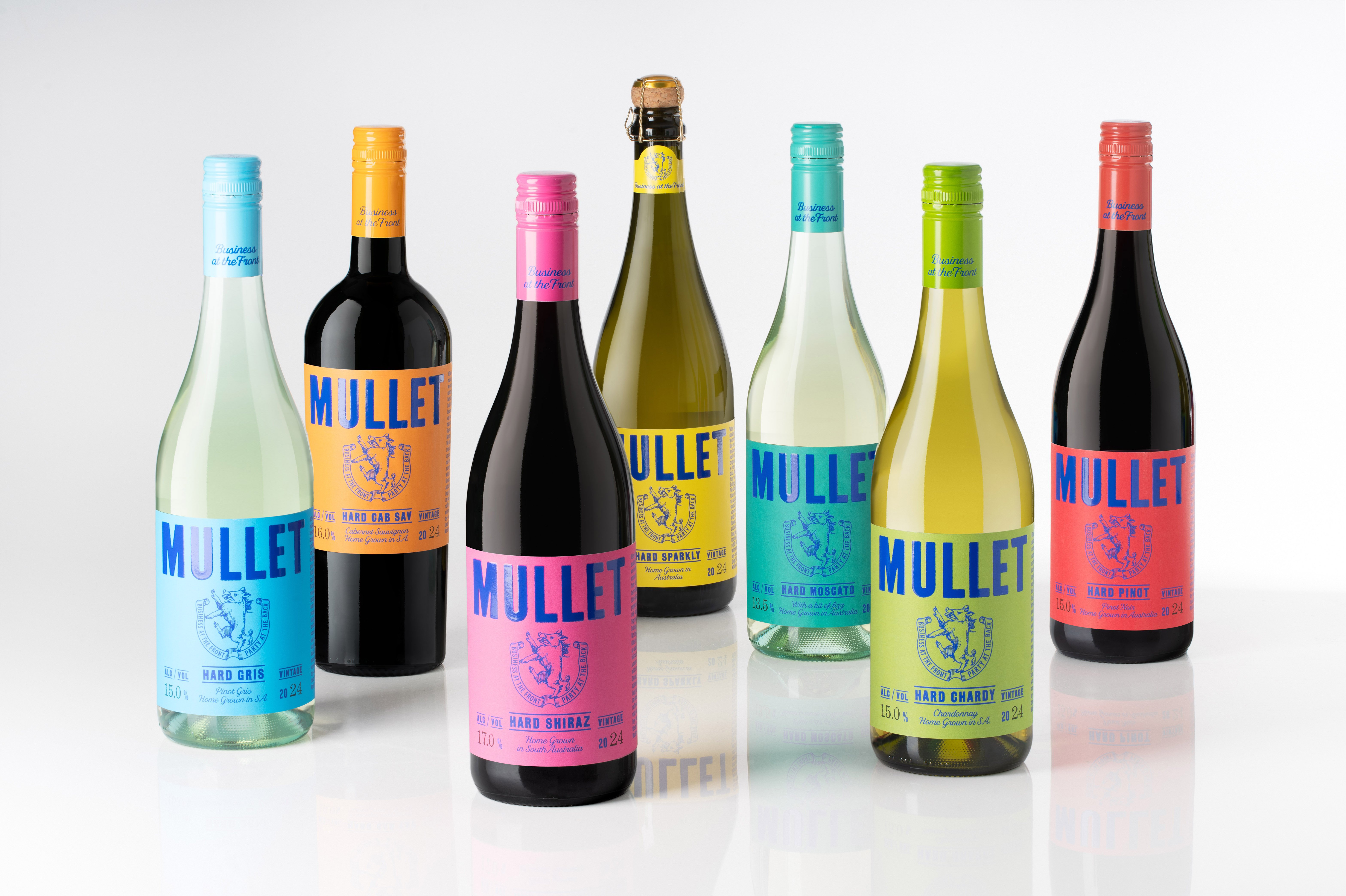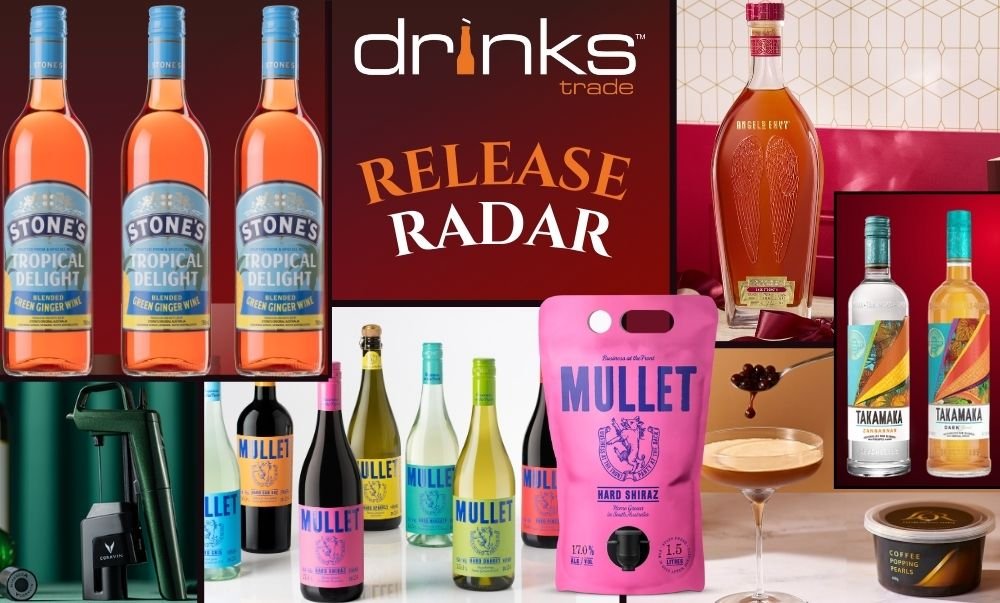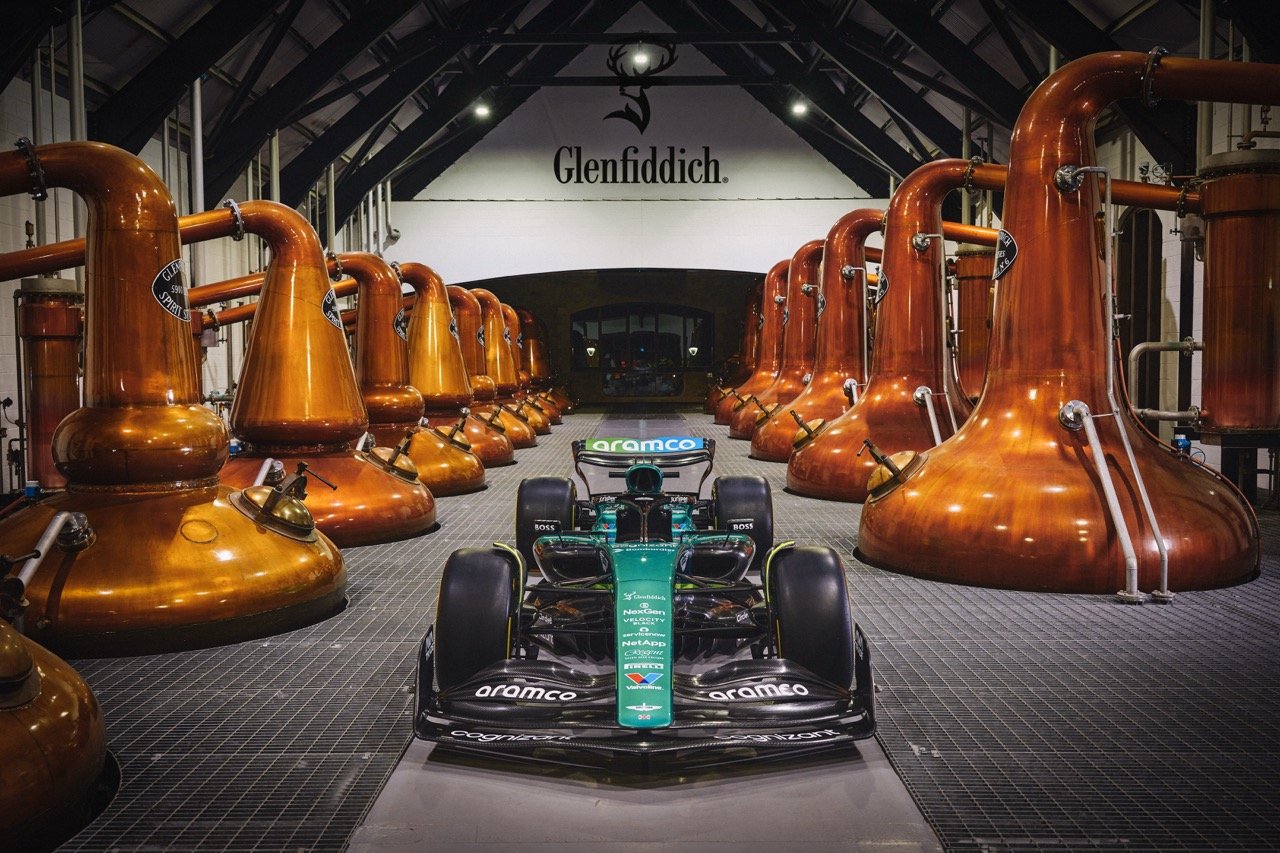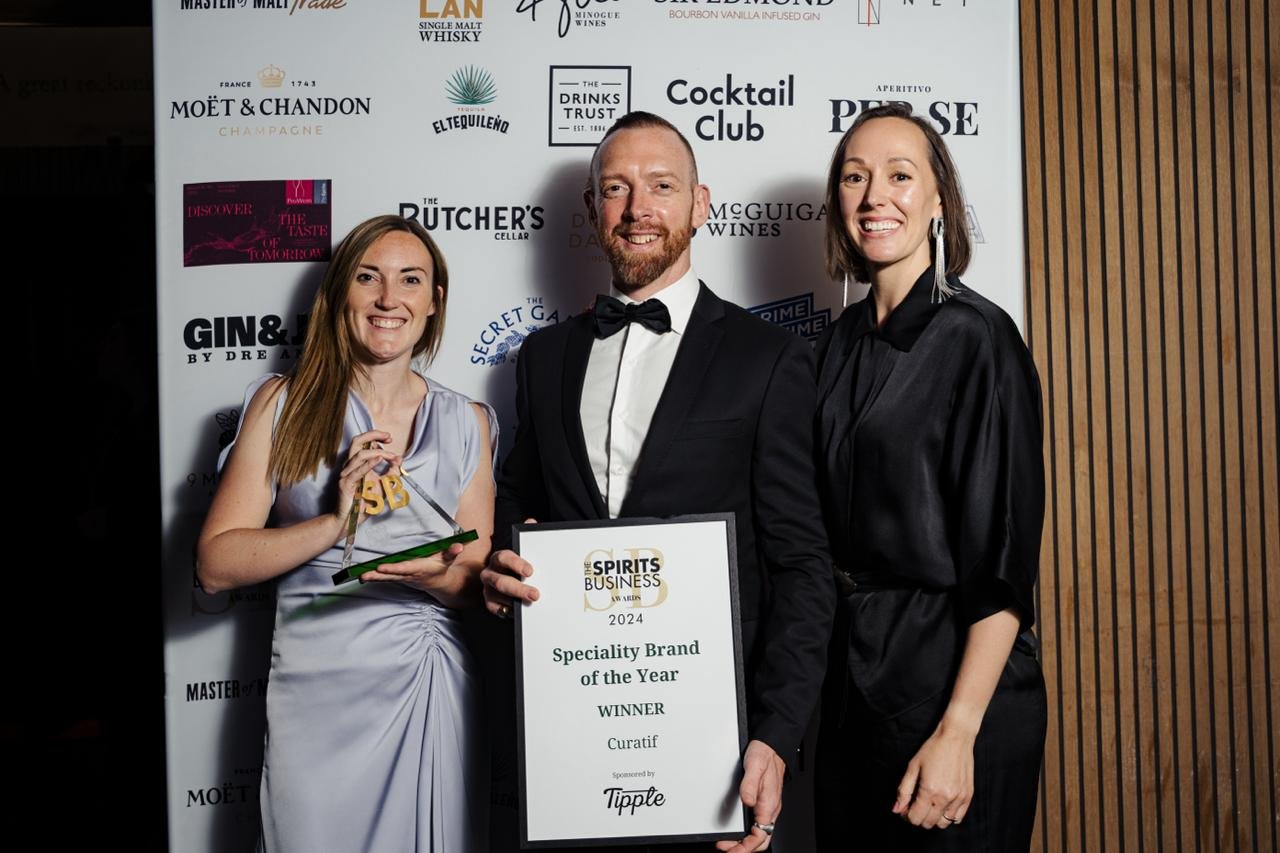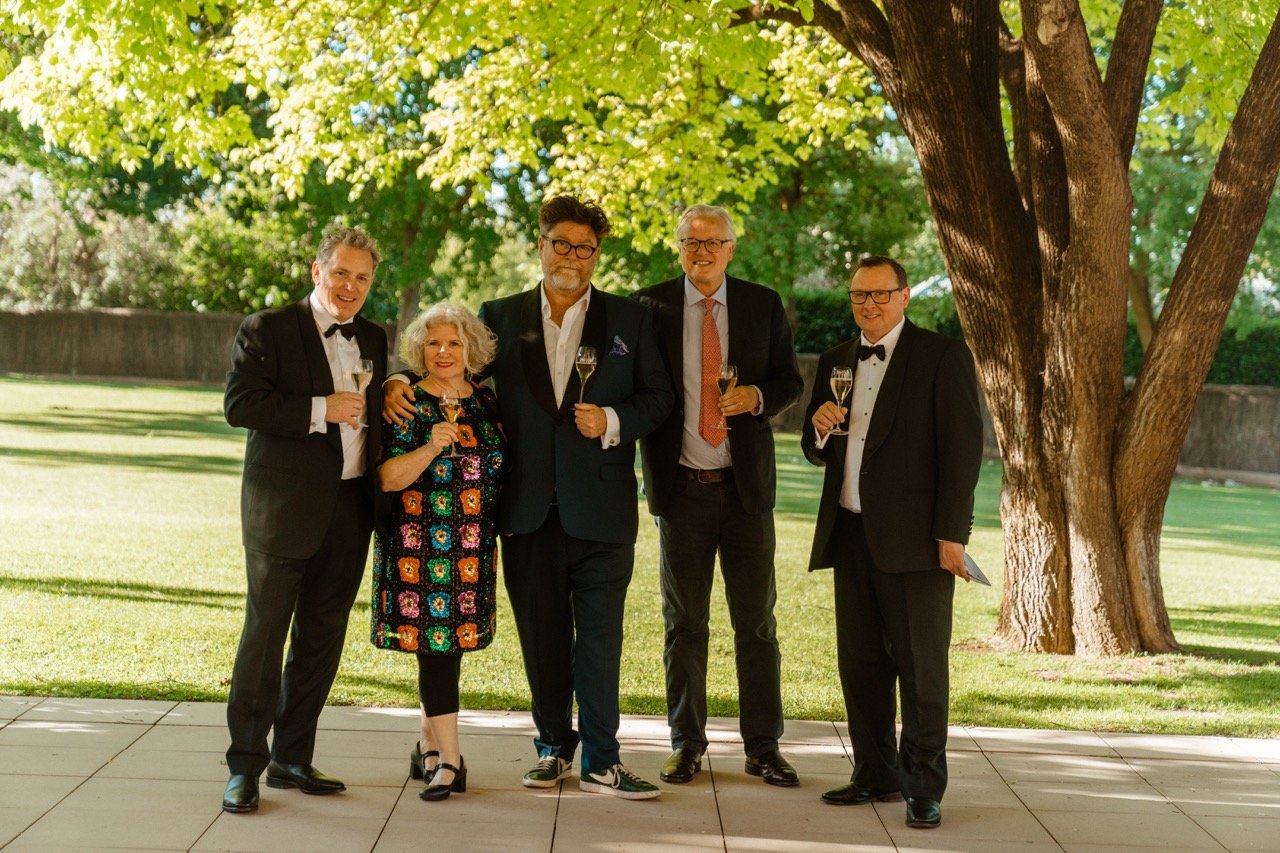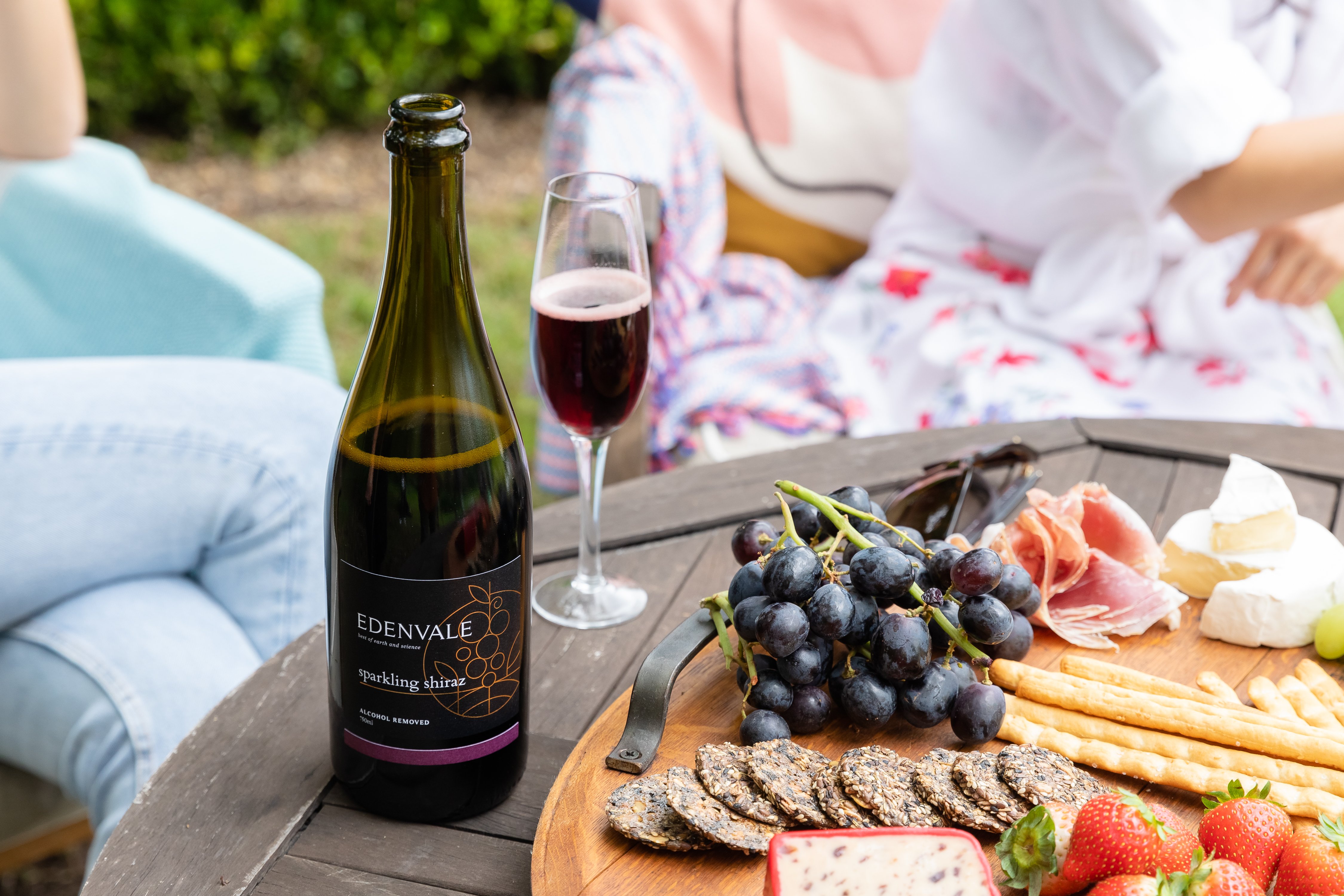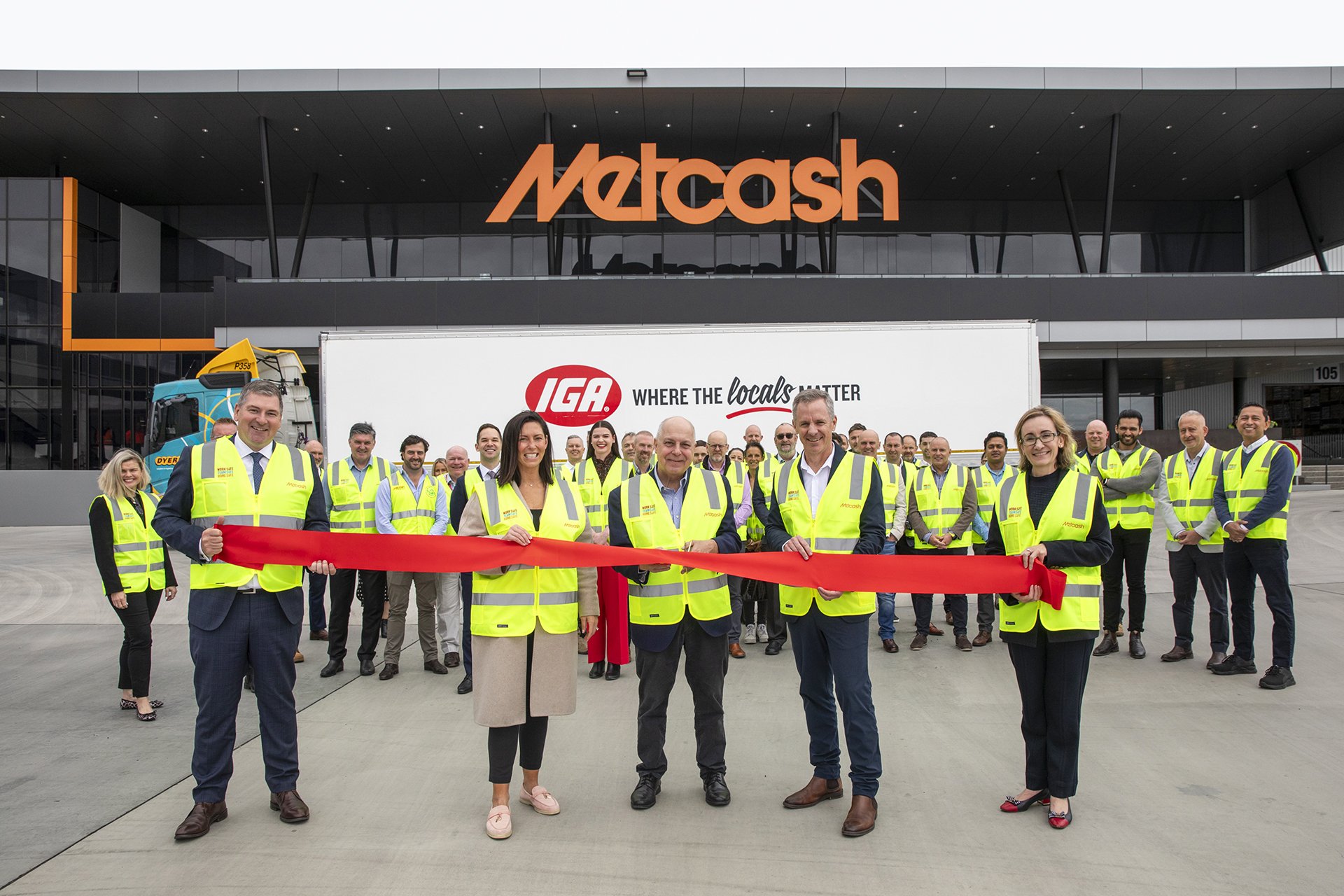Are wine companies making a mistake by marketing so heavily to Millenials and overlooking Gen X?
That's the question being asked by industry experts following the release of Silicon Valley Bank’s "State of the Wine Industry Report 2019", authored by Rob McMillan.
The report has predicted a downturn in the sale of wines to Millennials and notes that the Gen X cohort will surpass Baby Boomers by around 2022 to become the largest fine wine–consumer demographic in the US.
"Baby boomers, who still lead in total wine purchases, are moving into retirement, adjusting to living on a fixed income and declining in both their numbers and per capita consumption," McMillan notes.
"Millennials aren’t yet embracing wine consumption as many had predicted. Damaged financial capacity is a major
contributor, but cannabis legalisation is another factor explaining their slow adoption of wine."
He predicts it won't be until 2027 that Millennials will surpass Gen Xers to become the largest fine wine–consuming cohort.
That's eight years the industry is potentially missing out on valuable sales.
Forbes writes: "What happened to Generation X in the world of wine marketing? As the wine industry begins to move beyond baby boomers, all we have been hearing about in the industry are Millennials, Millennials, Millennials. In the words of a Facebook commenter regarding another article we wrote on the topic, 'Generation X is the Jan Brady of generations'. It really does seem that Generation X, now aged 38 to 53, is all but being ignored by a sector that needs its support if it does not want to fall prey to a disaster of its own making."
McMillan agrees: "Largely ignored by the retail press, Gen Xers entered the workforce at a good time economically, and with fewer college graduates competing for careers compared with the generations bracketing them, Gen Xers have had a comparatively easy time building wealth.
"Today, Gen X is at the peak of their lifetime income and spending. Their presence has been below the radar, but their wine consumption continues to increase, representing 34% of an average winery’s sales and growing. Indications suggest the majority of current growth in the above $9 wine category is coming from this generation."
What should winemakers be doing to appeal to Gen X?
Paul Mabray, CEO of Emetry, A Brand Insights Company, tells Forbes he thinks companies should look at price points.
"What do different brands at different price points do to appeal to Gen X?" he said. "This is especially true for higher priced wines since Gen X is in the affluence curve, that peak life period where we have more disposable income and attention to spend on interests. That's why Gen X is leading growth for DTC (direct to consumer) sales and wines over $20."
Rebecca Hopkins, Communications Strategist at Folio Wine Partners, believes storytelling is particularly important to this generation.
"The more successful brands are engaging online through visual storytelling mediums and community platforms such as Instagram, FaceBook and YouTube," she explained. "Luckily for the industry, like baby boomers, Generation X is brand and category loyal choosing to experiment within the beverage category and between domestic and imported wine styles.
"Gen X by nature has been well versed in learning wine though the traditional cues – visiting wineries, joining and being engaged as active wine club and DTC members, attending wine events and furthering their own education through professional and semi-professional means.
"Also Gen X is the first generation to use digital in their wine purchasing, consumption and research means."
McMillan concludes: "Gen X is the current growth cohort for the wine business. They consume wine in quantity and are near the peak of their spending years."
Share the content
